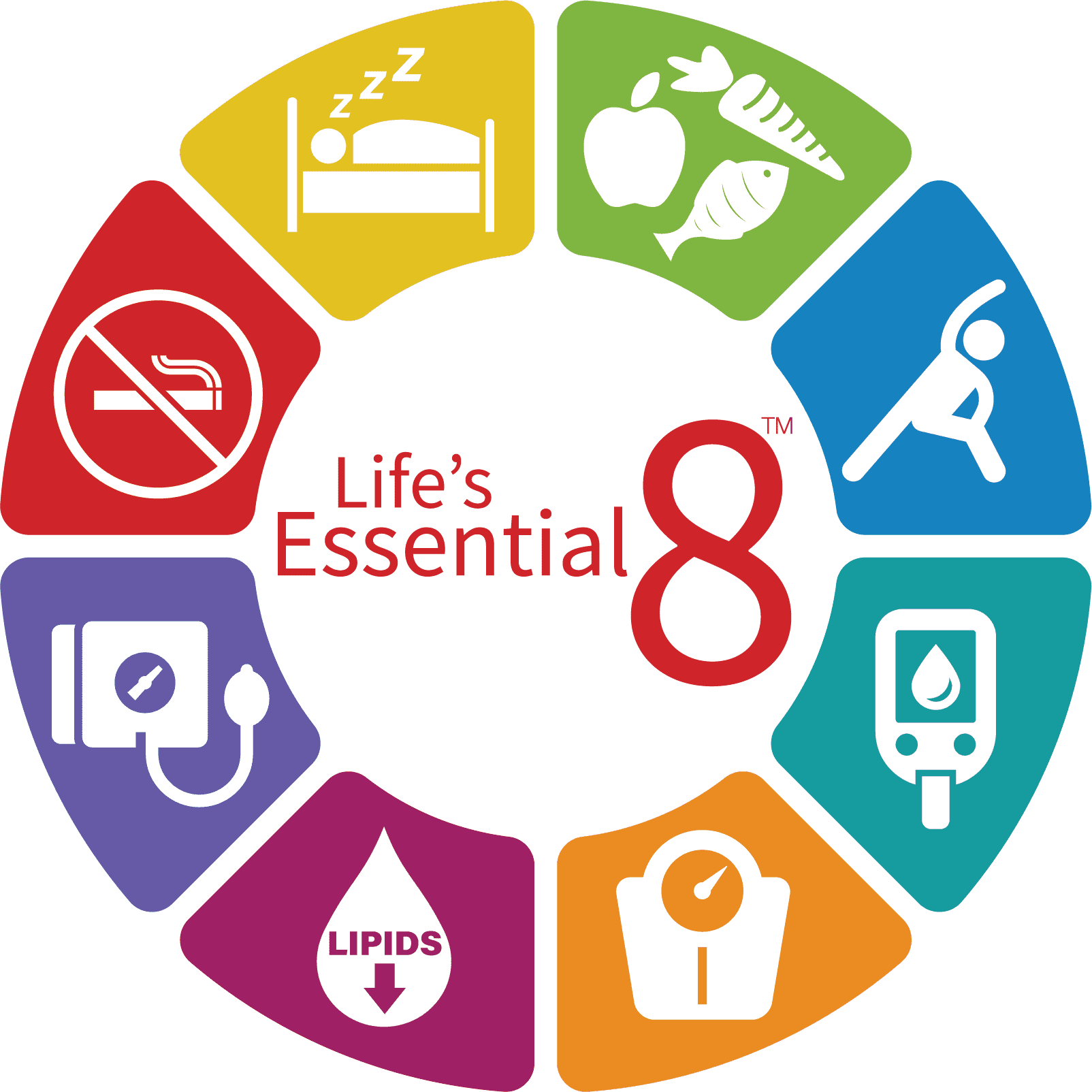By Sarah Tietje-Mietz
Photos by Michael Di Giglio/MDG Images
When people think of brands like BubbleYum, Trident, Juicy Fruit or Double Bubble, sex is probably not the first thing that comes to mind.
“A few years ago I was on the board at ACR Health,” said Gina Tonello, local parent and community advocate. “Some of the people that were involved in that told me they had kids going through Baldwinsville that had been in a sex ed class where they said that girls were like a chewed piece of gum. I said ‘WHAT?! No!’ I just couldn’t believe it.”
When Tonello found out that this message was part of the sexual education instruction her teenage daughter was to receive at Charles W. Baker High School, part of the Baldwinsville Central School District, she felt, in her own words, mortified.
This is when the seed for Stop the Shaming was planted.
Stop the Shaming, (STS,) a non-profit founded by Tonello, strives “to promote medically accurate, age-appropriate, LGBTQ+ inclusive comprehensive sexual health education throughout New York State by providing advocacy and resource connection to parents and students.” Founded in 2018, the strides taken for their cause have been monumental.
Tonello’s daughter, Alyssa Burmeister, is the Youth Outreach Coordinator at STS, and remembers these events leading up to creating STS distinctly. She sat through the “chewed gum” lesson herself.
“I was appalled the minute it started,” Burmeister said. “I was like, ‘Do you understand what you just taught? Do you understand how degrading that is? It’s homophobic, it’s degrading, it’s shameful.’”
According to Burmeister, the woman who taught the lesson told her that was not the intended takeaway, that the emphasis was on the value of virginity, and that if she, Burmeister, felt ashamed, that was her own problem.
Her daughter’s experience was the catalyst for Tonello to start researching what actually was being taught in these classes and who was responsible for teaching them. She found that group called New Hope Family Resources was teaching abstinence-only sexual education at her daughter’s school. After presenting her findings and concerns to the school board, Tonello was contacted by Deputy Superintendent Joseph Debarbieri, who assured her that New Hope would no longer be invited to teach in Baldwinsville.
But New Hope wasn’t just in Baldwinsville. After finding out the group also provided sex-ed instruction at the Liverpool Central School District School where her sons were attending, Caitlin Coulombe, repeatedly voiced her concerns to the district. Liverpool’s response, however, was not nearly as accommodating as Baldwinsville’s—Coulombe said her requests were met with condescension or just plain ignored. As a mother to three sons, Coulombe feared the health dangers presented by these programs, and also how these lessons could affect them.
“It would be the worst day of my life if I found out that one of my sons was treating women in a way that shamed them the way that these classes are shaming women,” Coulombe said. “So when I’m having these discussions with my son, of course I am talking about safe sex, but there is a real huge emphasis on consent and body language… and healthy relationships.”
Hearing about the progress made by Tonelleo and Burmeister at the Baldwinsville Central School District, she reached out to them for help. Tonello offered advice and support, even showing up in person with Burmeister at Coulumbe’s presentation to the school board. It is from this that a friendship grew, and how Coulombe came to be an integral part of STS. She’s now the associate director.
Stop the Shaming presents a simple case, supported by decades of research. While conservative and religious groups argue that introducing comprehensive sexual education to school children will cause the students to start having sex at younger ages and with more frequency, there’s no science to support the claim. Rather, there have been numerous studies, by multiple organizations, some going back to the 1970’s, which, according to the Guttmacher Institute, “consistently found no indication that sex education contributed to earlier to increased sexual activity in young people.” Conversely, recent studies have shown that lack of access to sexual health information and contraceptives are linked to increases in sexually transmitted diseases and infections. A review by the UN in 2016, highlighted in Guttmacher Institute’s Promiscuity Propagandaarticle, found that “comprehensive sex education programs contribute to delayed initiation of sexual intercourse, decreased frequency of sexual intercourse, fewer sexual partners and less risk taking.”
That’s not to say that these three women are anti-abstinence. They agree that this is a form of sexual safety, but it is not the only way, and surely not the only way that should be taught to pre-teens and teens. It is a small factor in a much larger conversation, one that should be inclusive and supported of all genders, sexual biases, orientations, family dynamic, and above all, based in scientific fact.
While STS originally formed to limit the impact of one organization in Central New York, the mission has grown: Tonello, Burmeister and Coulombe are now focusing on addressing sexual education on a much larger scale. They are working to create a report card system for area public schools, detailing the curriculum and format of each school’s sex ed program, which will be accessible to the public. Tonello and Burmeister were in Albany on June 11, lobbying for the creation of a comprehensive sexual education bill with the National Institute for Reproductive Health. The day before that, Tonello was in Washington, D.C., serving as a panelist educating governmental policymakers that the federal Sexual Risk Avoidance programpromotes and encourages abstinence-only education.
How can we help make sure the youth of today are getting factual, unbiased and current sexual health education? Speak out.
“If you are a parent that wants to speak out with us, that’s really important…we really need voices, and we need student voices,” said Tonello.
Reach out.
“We’re here to help. We are here to be liaisons, we are here to be advocates,” stresses Coulombe. “If you are a parent and you don’t like the way sex ed is being taught at your school, reach out to us. We want to help. If you are a parent and you don’t know how to find out what sex ed is being taught at your school, reach out to us. We want to help.”





